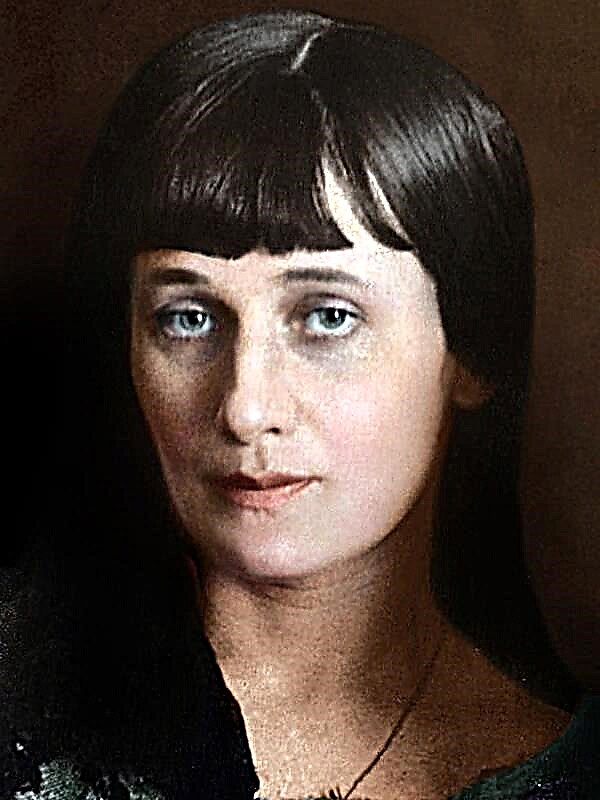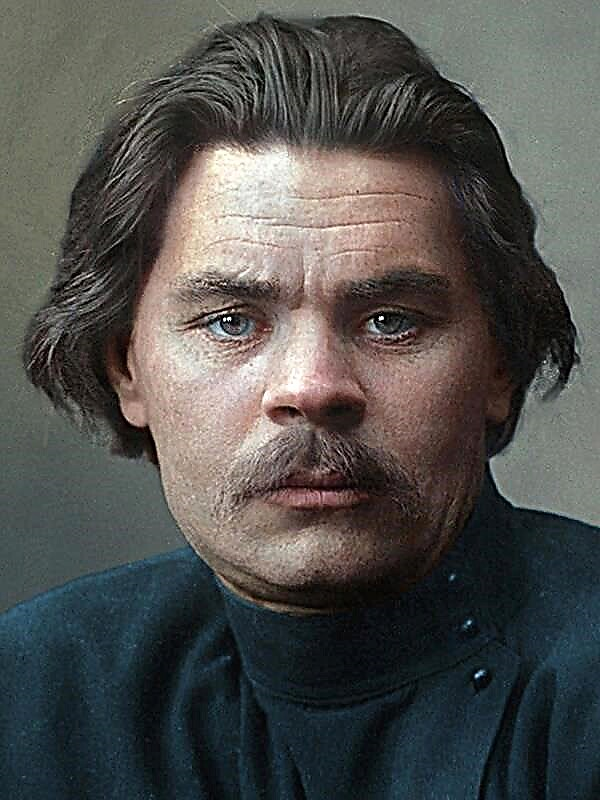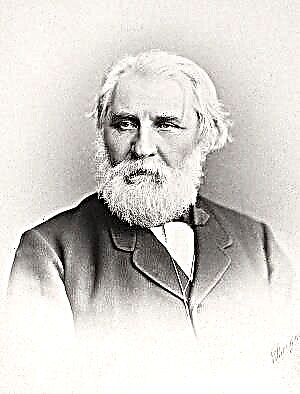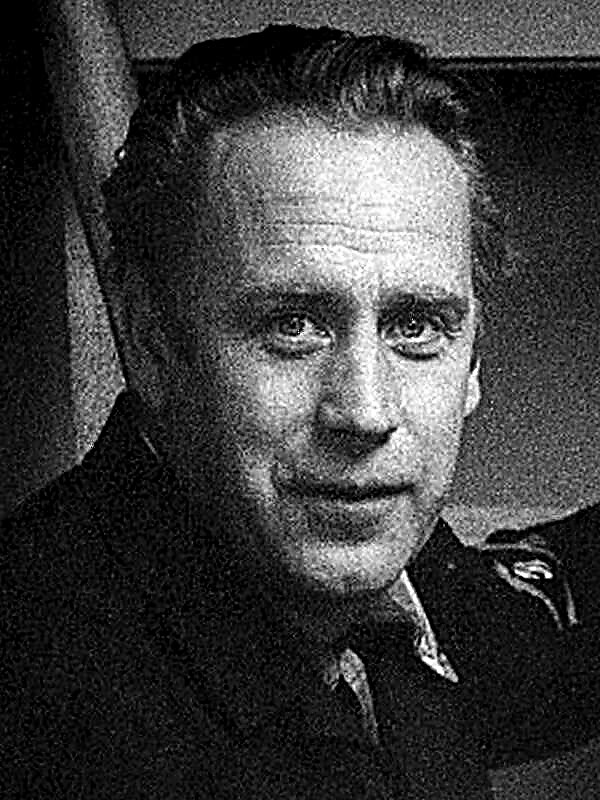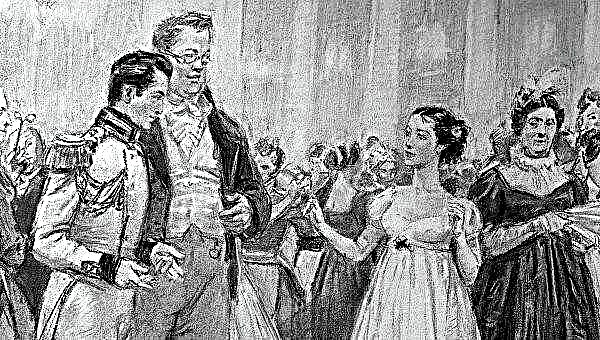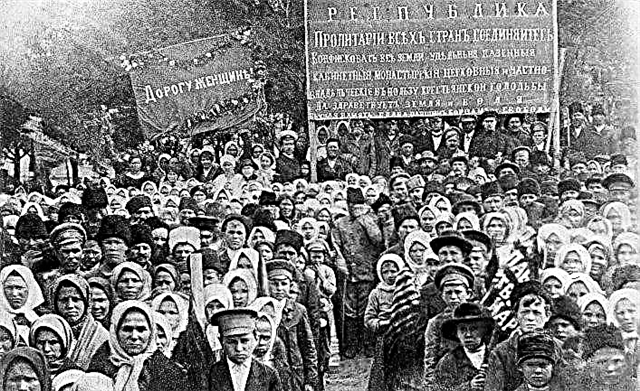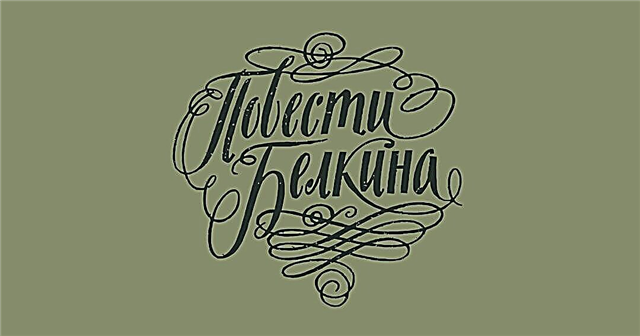(343 words) Surely we all know the expression "Russian rebellion", which proceeds without meaning and without mercy. It is not directly connected either with bloody Sunday or with the October Revolution, but with a peasant uprising led by one Cossack, Emelyan Pugachev. This is how he was shown to us by Pushkin in the historical novel “The Captain's Daughter”, and he is also familiar to us from Yesenin’s poem of the same name.
As in life, and on the pages of books, he does not seem to us a unique character. Shortly before his notoriety, Pugachev meets Grinev, the young hero of “Captain's Daughter”. In the past, the chieftain is hardly possible to discern even a hint of the future. “He was about forty years old, growing average, lean and broad-shouldered. His face had an expression rather pleasant, but roguish, ”Alexander Sergeevich describes him. Moreover, he led Grinev’s wagon out of a strong snowstorm and, in spite of disturbing dreams, Peter gives him his sheepskin coat in gratitude, in addition to treating him with wine. Later, this act will save his life twice. Pugachev acted solely on the basis of his own beliefs about good and evil. “Than eat carrion for three hundred years, it’s better to get drunk with living blood, and then what God will give!” - this is his philosophy. However, he knows how his story will end. Surely after talking with sensible Grinev, a grain of doubt appeared in him, but at that time the mechanism of the war could not be stopped. Indeed, his campaign was senseless and merciless. He does not believe in his success, expects a blow to the back, but even so brings the job to the end. Like Pushkin, Yesenin also wanted to show that this was a historical necessity, the people needed living Peter III, someone who would become a conductor of his will, who would give him free rein. In other words, "peasant king." Pugachev became the embodiment of the idea of freedom, but on his side was a simple man, when the army was on the side of the monarch.
His rebellion was doomed long before the start, for Pugachev, as for us, it was obvious. He could hardly be called a hostage of circumstances, he knew what he was doing when he executed all who did not take the oath, on the other hand, that was the only way he could keep the Cossack robbers subordinate. His image cannot be placed on the same shelf with Christ the Savior, whom the people were waiting for, and yet, it causes sympathy.


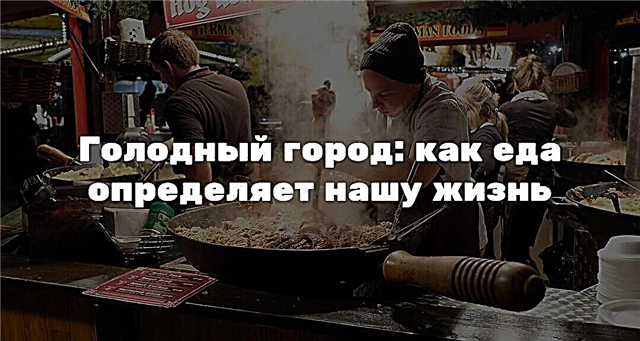 Hungry city
Hungry city